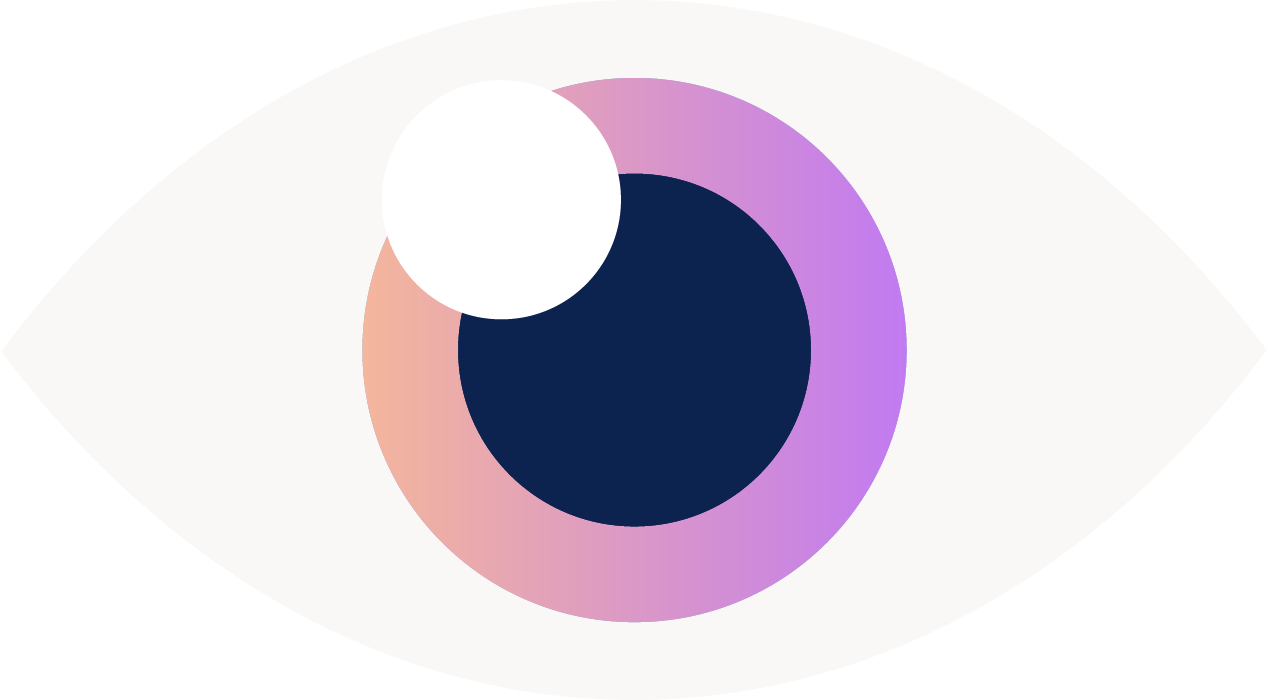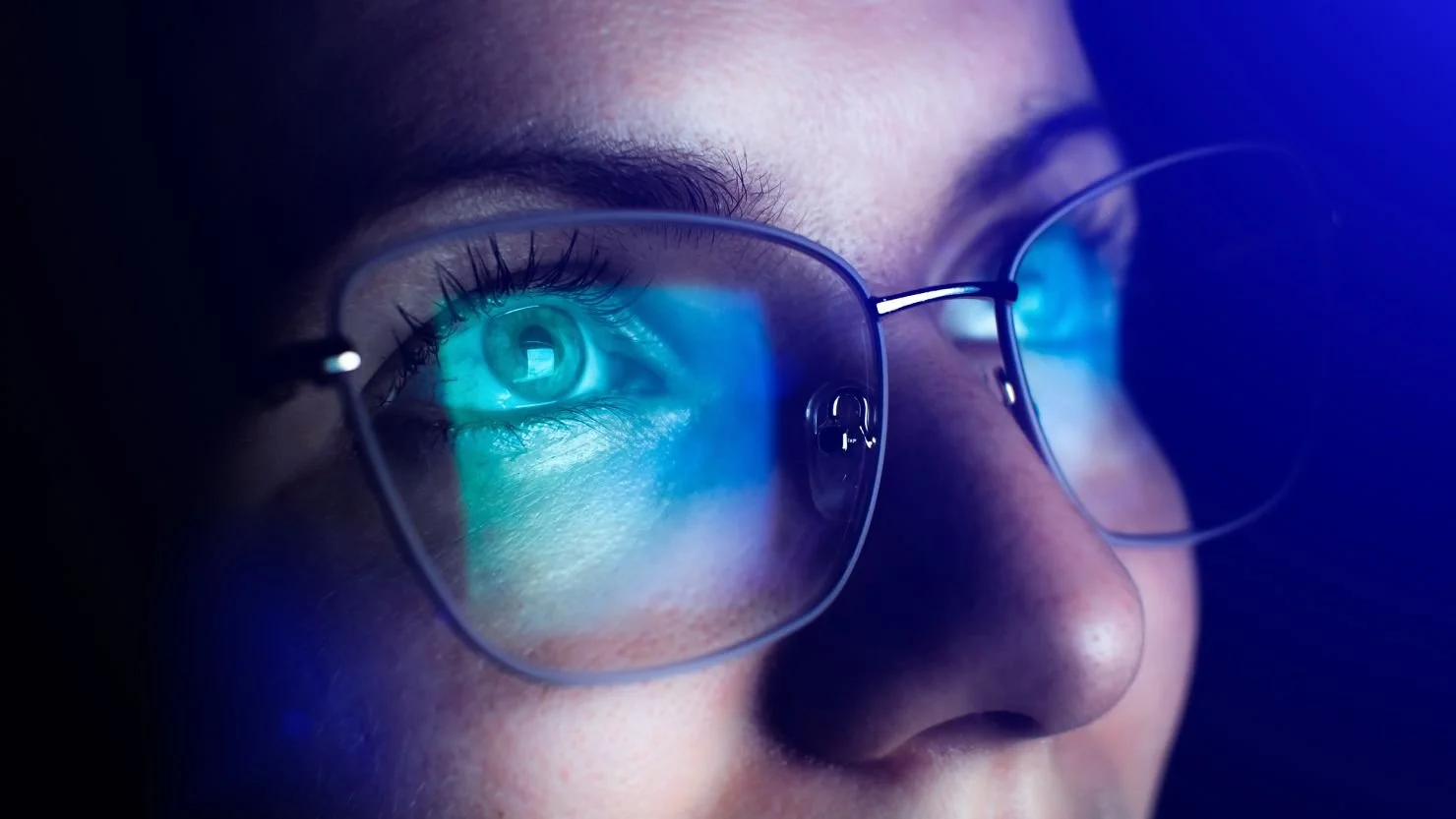The Truth About Blue Light Glasses: Do They Really Work?
Listen On
As a board-certified pediatric ophthalmologist, I'm often asked about the effectiveness of blue light glasses. With the surge in screen time during the pandemic, these glasses have become a popular solution for reducing eye strain and improving sleep. However, as an eye health expert, I wanted to take a deeper dive into the science and research to provide a balanced perspective.
The Rise of Blue Light Glasses
In my practice, I've certainly noticed the increase in patients, both children and adults, wearing blue light blocking glasses. The market for these glasses has skyrocketed, reaching over $200 million in annual sales in the US alone. Patients and parents often come to me seeking these glasses, believing they will protect their eyes from the harmful effects of blue light emitted from digital devices.
Distinguishing Blue Light from UV Light
One of the first things I explain to my patients is the difference between blue light and ultraviolet (UV) light. While UV light has well-documented negative impacts on eye health, such as contributing to cataracts and macular degeneration, the blue light from our screens is not nearly as concerning.
In fact, the majority of our daily blue light exposure actually comes from the sun, not our digital devices. Research shows that natural sunlight can provide 100 to 1000 times more blue light than our computers, phones, and tablets. So the blue light emitted from screens is a relatively small fraction of our overall blue light exposure.
The Landmark Study on Blue Light Glasses
To truly understand the effectiveness of blue light glasses, I looked to the latest research. A landmark study published in the journal Ophthalmology caught my attention, as it was a double-masked, randomized control trial - the gold standard in medical research.
This study aimed to determine if blue light blocking glasses could actually reduce eye fatigue and strain. The results were quite surprising. Researchers found no significant difference in eye strain between participants wearing blue light blocking glasses and those wearing clear, placebo glasses. Even more interesting, the doctor's recommendation had no impact on the outcomes, suggesting a potential placebo effect.
Potential Benefits: Migraines and Circadian Rhythms
While the study on eye strain was not favorable, I do acknowledge that there may be some benefits to wearing blue light glasses in specific situations. As an ophthalmologist, I've seen how blue light can exacerbate migraines and photophobia (light sensitivity) in some patients. Certain studies have indicated that blue light blocking glasses can help reduce the frequency and severity of migraine episodes.
Additionally, the impact of blue light on circadian rhythms and sleep quality is an area of interest. The blue light emitted from our devices can disrupt the body's natural sleep-wake cycle by suppressing melatonin production. A study in the Journal of Adolescent Health found that blue light blocking glasses improved sleep quality and mood in teenagers.
Recommendations and Alternatives
Based on the current research, I don't universally recommend blue light glasses to all of my patients. The scientific community is still divided on their overall effectiveness. However, if a patient is experiencing benefits, such as improved sleep or reduced migraine symptoms, I'm happy to support their use of these glasses.
For patients looking to address eye strain and sleep issues, I often suggest exploring alternatives, such as using device filters, implementing the 20-20-20 rule (20 minutes of screen time, 20 seconds of looking at something 20 feet away), and prioritizing good sleep hygiene. Treating dry eyes, which can contribute to digital fatigue, is also an important consideration.
Conclusion
As an eye health expert, I strive to provide my patients with evidence-based recommendations. While the blue light glasses trend has gained significant momentum, the research is not yet conclusive on their universal benefits. My advice is to listen to your body, try different solutions, and find what works best for your individual needs. By staying informed and exploring all the options, you can make the most informed decision about whether blue light glasses are worth the investment for you.
Connect with Me:
Follow me on Instagram
- Have a question about this episode or a future topic? Reach out to me at hello@drrupawong.com
Don’t forget to subscribe to It’s Good to See You wherever you listen, and if you found this episode helpful, please leave a review to help more parents discover this show!







